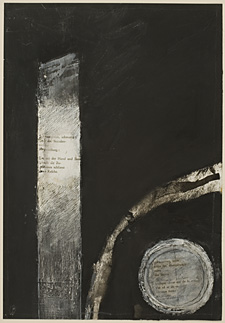Religious Turns: Immigration, Islam, and Christianity in 21st Century German Cultural Politics
DOI:
https://doi.org/10.5399/uo/konturen.1.1.1291Abstract
The paper analyzes recent German headscarf legislation in the context of early twenty-first-century religious turns, that is, on the one hand constructions of “Islam/ism” as the newly dominant figure of cultural difference on the political stage, and on the other hand the renewed prominence also of Christianity in public discourse. Against the background of current academic work on and in political theology, I analyze the “post-secular” concepts of collective identity developed under the sign of the headscarf by associating them with two different theoretical models. Berlin’s headscarf legislation can be compared to the French “Law on Laicity,” which has been criticized as a vehicle of hidden political theologies in Carl Schmitt’s sense: The Republic performs its sovereignty through the ways it manages religious exceptions. The openly asymmetrical headscarf bans passed in a number of other German states, however, do not just make “exceptions” for Christianity; rather, they privilege “Christian tradition” as the foundation of the “secular” German state. Critically relating this rhetoric to the ways in which Jean-Luc Nancy and Slavoj Žižek conceptualize the (presumably inescapable) destabilization of secular democracy through the forces of heteronomy and tradition, the paper pleas for replacing such uses of political theology in both politics and theory.Published
2008-12-14
How to Cite
Breger, C. (2008). Religious Turns: Immigration, Islam, and Christianity in 21st Century German Cultural Politics. Konturen, 1(1). https://doi.org/10.5399/uo/konturen.1.1.1291
Issue
Section
Articles

